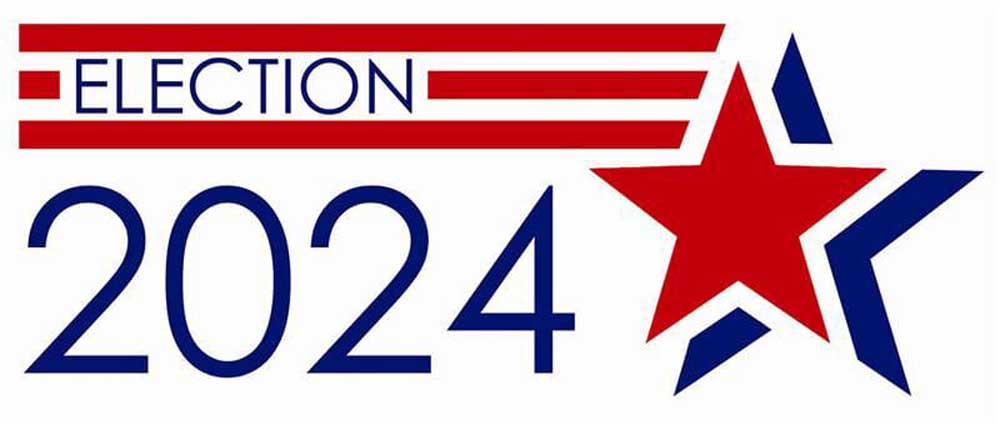VOTE NO: Measure 118 is a sales tax delivering an empty promise
Published 12:25 pm Friday, October 4, 2024

- election 2024
Measure 118 is part of your Nov. 5 ballot—soon to appear in your mailbox—and is promoted as a tax-revenue rebate for Oregonians. On the surface it sounds like a financial boon for Oregonians.
Trending
In its simplest description, passage of the measure would impose a 3% tax on Oregon businesses when their sales exceed $25 million and redistribute that tax revenue to Oregon residents who live in the state for more than 200 days. The tax would be divvied among eligible residents and be paid out as rebates in the following year.
It’s estimated that the “rebate” in 2027 would equal $1,600 for every qualifying Oregonian. For a family of four qualifying residents, that’s a windfall of $6,400 to spend, save or invest any way they like.
Like we said, sounds great; but this measure warrants a deeper look. You’ve all heard the saying before, “If it sounds too good to be true, then it probably is.” This measure may not be the financial windfall that advocates make it out to be.
Trending
First off, let’s call this what it is: It’s a sales tax on goods and services sold by Oregon businesses and industries. Oregonians have long resisted the idea of imposing a sales tax, especially not while Oregonians already pay an income tax.
The backers of this measure get around that quagmire by suggesting their tax only impacts businesses, as if that’s supposed to make it sound more palatable. But anyone with an ounce of common sense knows that businesses will just pass the cost of this tax along to consumers, nonetheless making it a sales tax on Oregonians.
One such example is with utility companies. For context, Portland General Electric in 2024 raised its residential rates by 18% and commercial rates by more than 14%, the highest rate increase in 20 years. The utility is already seeking approval of another increase of nearly 11% in 2025. Suppose, now, that PGE were taxed 3% on all power sold within the state. Is there anyone who believes this utility will simply absorb the cost? If Measure 118 passes this November, look for even more rate increases in the future.
But this isn’t just a utility problem. Construction companies will pass the cost along to new home buyers; and timber companies will pass the expense through the supply chain to consumers who eventually pay more for lumber. Retailers, same. Manufacturing, same. Healthcare, same.
For some businesses already treading a thin line between profitable and unprofitable, or those unwilling to pass along costs to customers, the 3% tax grab could lead to business closures.
For some, it means a decision to reduce workforce and expenses, leading to lower productivity as these companies reduce their tax liability.
If Measure 118 passes this November, the resulting increase in the cost of living will look a lot less inviting to Oregonians, who will quickly realize their so-called “rebate” wasn’t quite the windfall they had expected.
It’s a fair statement that businesses should share the burden of funding state government. Afterall, businesses depend on state services the same as any individual taxpayer. But taxation has always been a means to fund local, state and federal governments, which then transfer those dollars back to the public through a variety of programs and services. The Corporate Activities Tax currently in place is a good example of businesses paying specific taxes to fund specific services.
But Measure 118 treats business tax collection as a “Robin Hood” scenario, taking money from businesses and returning it to the populous. Measure 118 doesn’t help pay for roads, parks, affordable housing, business incentives or any other state program or service.
And Measure 118 doesn’t care if the rebate is going to poor families stretched to the limit by inflation; or to people well above the median income threshold who are far better positioned to withstand a higher cost of living.
Like we said at the onset, “If it sounds too good to be true, then it probably is.”
Don’t be fooled by Measure 118’s “tax rebate.” You’ll pay for that windfall through higher prices on just about everything.
OUR OPINION: Just say “no” to Measure 118’s empty promise.





